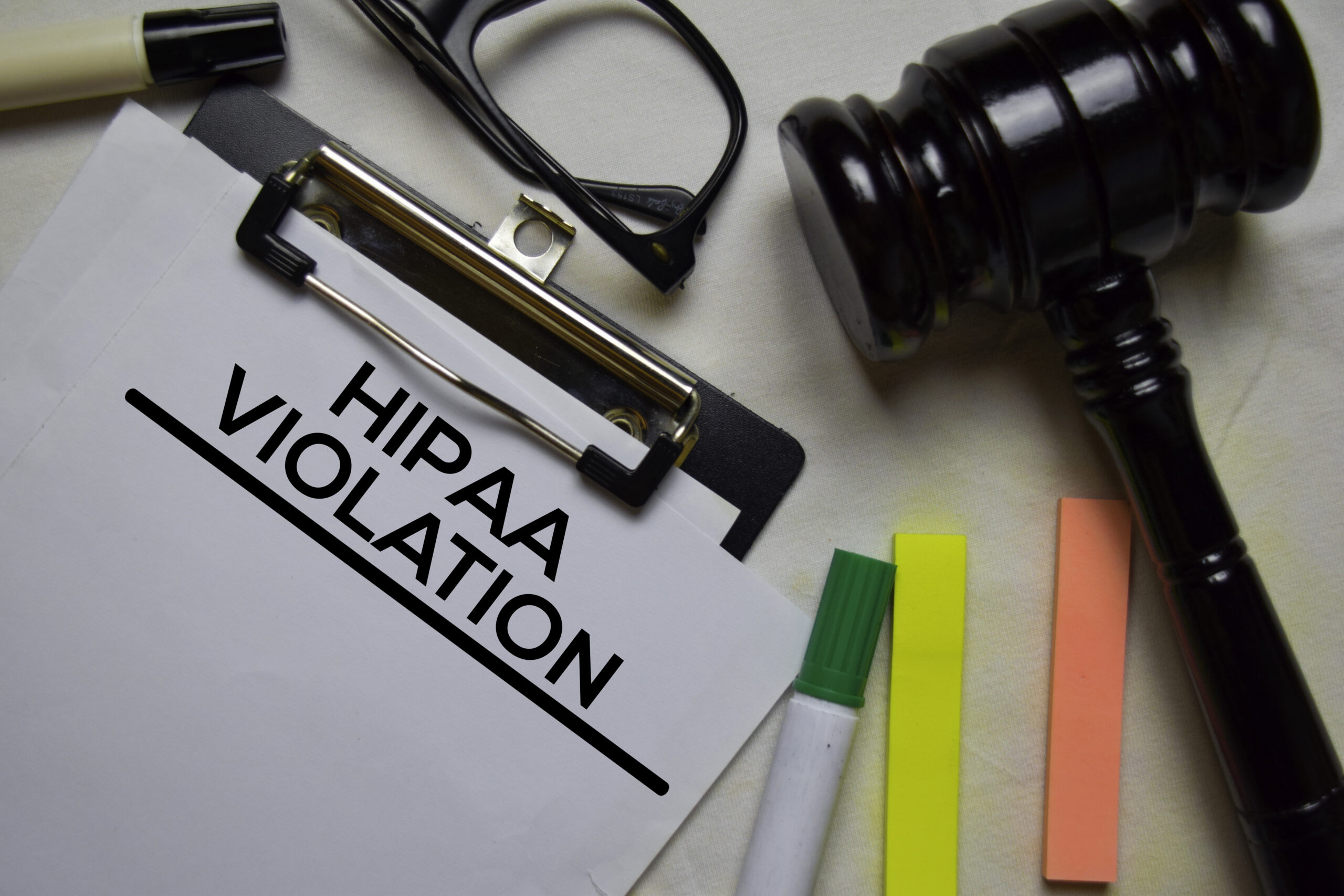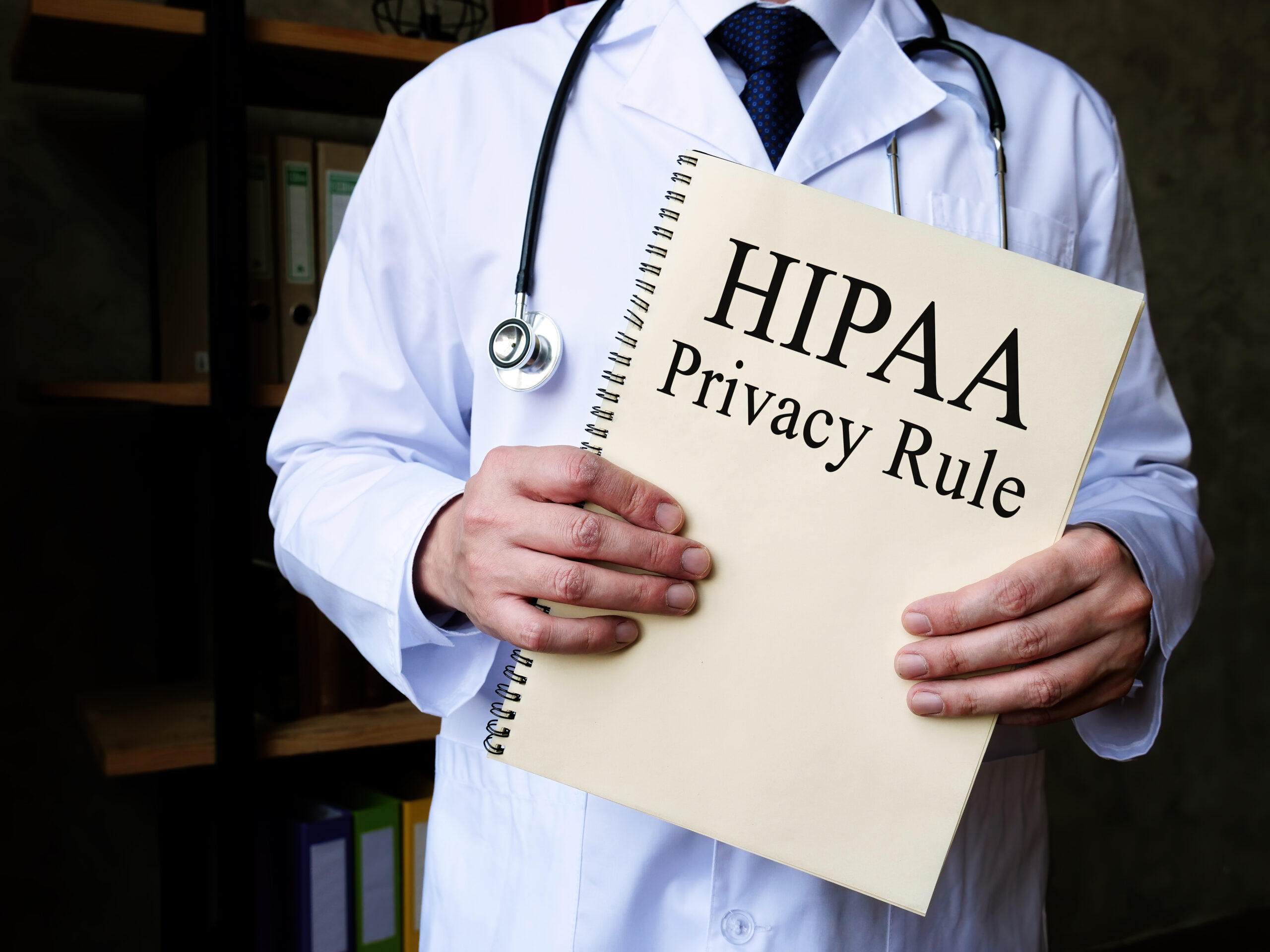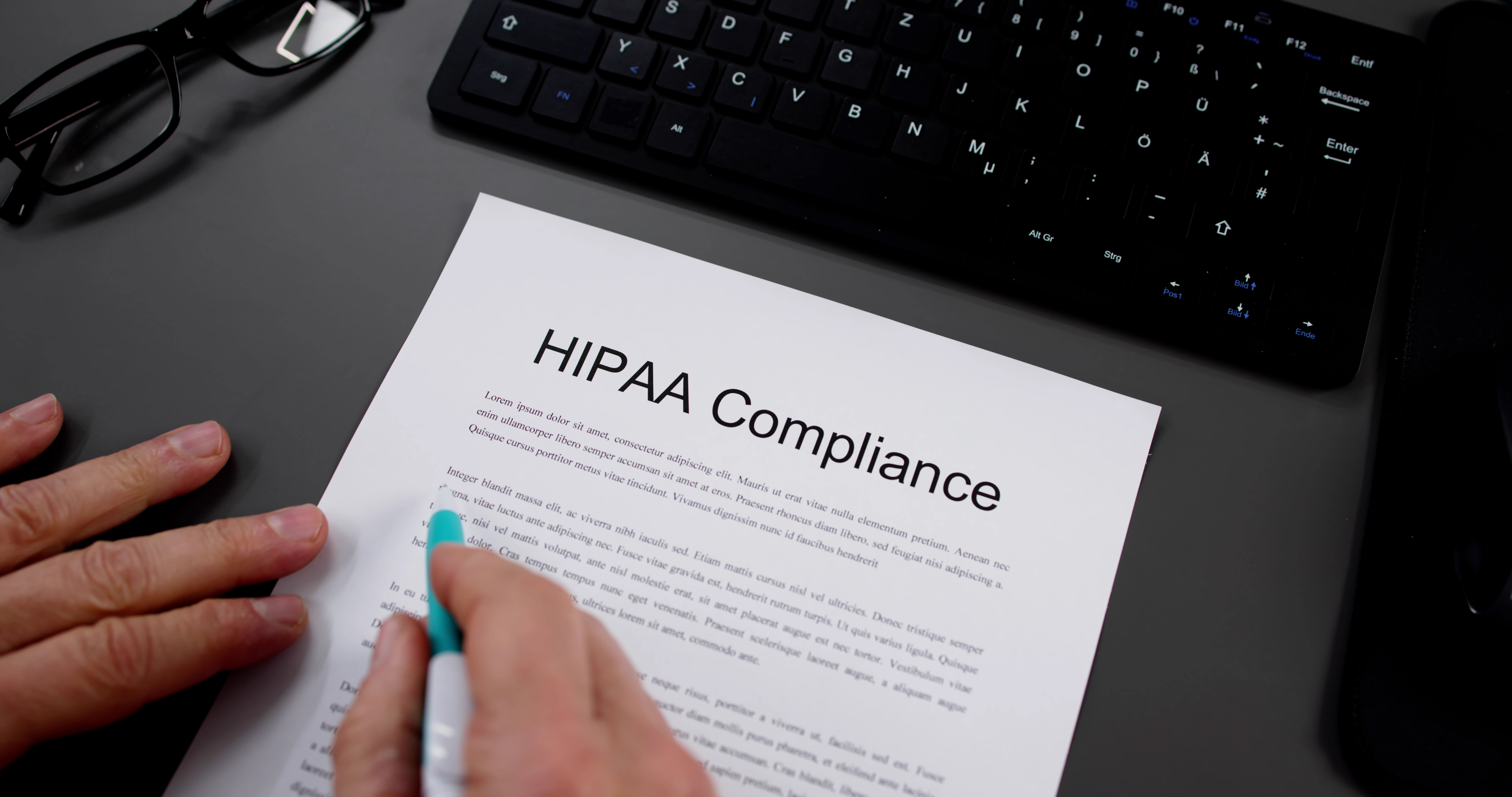A HIPAA violation occurs when an individual or organization fails to comply with the regulations set forth in the Health Insurance Portability and Accountability Act (HIPAA), which protects sensitive patient health information. These violations can lead to severe legal, financial, and reputational consequences for businesses in the healthcare industry and beyond.
Common Types of HIPAA Violations
Understanding the different types of HIPAA violations is crucial for healthcare providers, insurers, and business associates handling protected health information (PHI). Below are some of the most common infractions:
1. Unauthorized Access to PHI
Employees accessing patient records without a valid reason violate HIPAA. Whether out of curiosity or for personal gain, improper access to electronic health records (EHRs) can lead to serious penalties.
2. Failure to Implement Safeguards
Organizations must have physical, administrative, and technical safeguards to protect PHI. Inadequate security measures, such as weak passwords or lack of encryption, increase the risk of data breaches.
3. Improper Disposal of PHI
Discarding medical records without shredding or de-identifying them can expose patient information to unauthorized individuals, leading to compliance violations.
4. Lack of Employee Training
Failure to provide HIPAA compliance training can result in staff members mishandling sensitive patient data. Regular training is essential to ensure employees understand privacy laws and data protection measures.
5. Unencrypted Data Transmission
Sending patient health information over unsecured channels, such as personal email accounts or text messages, can put sensitive data at risk and result in HIPAA non-compliance.
6. Failure to Notify of a Data Breach
Under the HIPAA Breach Notification Rule, organizations must inform affected individuals, the Department of Health and Human Services (HHS), and, in some cases, the media when a breach occurs. Failure to comply can lead to hefty fines.
Consequences of HIPAA Violations
The penalties for HIPAA violations depend on the severity and intent behind the infraction. These can include:
- Civil penalties: Fines ranging from $100 to $50,000 per violation, with a maximum annual cap of $1.5 million.
- Criminal penalties: Intentional misuse of PHI can result in jail time and fines up to $250,000.
- Reputation damage: A HIPAA breach can erode patient trust and harm a healthcare provider’s standing in the industry.
How to Prevent HIPAA Violations
To ensure HIPAA compliance, organizations should take the following steps:
- Implement strong access controls to limit who can view PHI.
- Encrypt sensitive data to prevent unauthorized access.
- Regularly train employees on HIPAA rules and best practices.
- Conduct HIPAA audits to identify and mitigate risks.
- Develop a robust breach response plan to handle potential security incidents effectively.
Final Thoughts
A HIPAA violation can have far-reaching consequences for businesses handling protected health information. By understanding common violations, potential penalties, and best practices for compliance, organizations can safeguard patient privacy and avoid costly legal repercussions. Prioritizing HIPAA training, security measures, and proactive risk management is essential in maintaining compliance and protecting sensitive healthcare data.
If you’re looking to enhance your HIPAA compliance training, Emtrain offers customized solutions to help organizations meet regulatory requirements while fostering a culture of data privacy and security.










